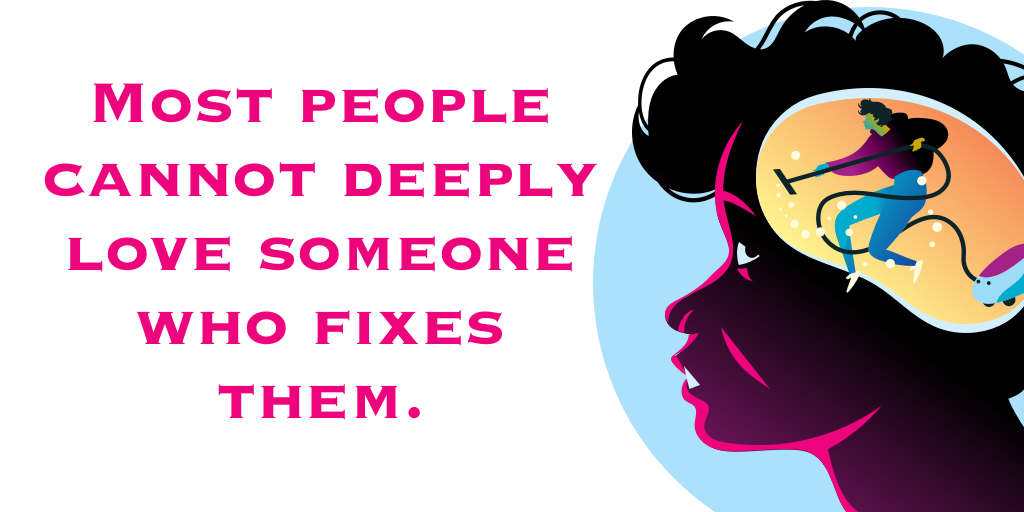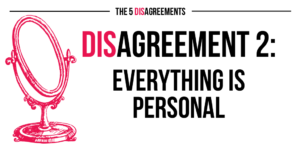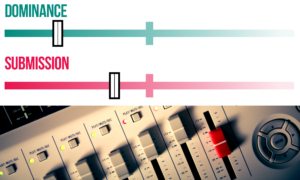I said in a previous writing:
“You may choose to help, but also extricate yourself from the relationship, because you realize most people cannot deeply love someone who fixes them”
And @WetNWild-couple (on FetLife) said, “I’d be interested in hearing a little more on your thoughts on this topic. Why most people cannot deeply love someone who fixes them. I love your realness!”
Sure. Here goes.
I’ve been saying it for years, if you really love someone and want to create a deep relationship with them, you cannot treat them like a project.
That does not foster love and intimacy.
It fosters one of two things:
1.Neediness and dependency.
2.Resentment.
Some times, often, actually, it creates a maelstrom of both.
And yet, strangely enough, the fixing-style relationship is the one we see most commonly modeled pretty much everywhere in our culture.
It’s usually portrayed as humor:
“Oh, that guy, when will he learn?” As she proceeds to show him how to do it RIGHT.
“Silly woman, if she really knew how much I loved her, she would pick me,” and so he works patiently for her to stop being an idiot and make the right choice.
And so on.
It’s also how our friends talk about their partners. They “neg” them in conversations with others, and note how they’d love to change them or how they’d be better off, if only they’d do things the way WE want them to.
“They are such a slob. I swear, I have to clean up after them a dozen times a day.”
“You know, they have to act so tough. They need to learn to cry.
“They are so wild. I am taming them.”
In fact, one of the biggest movie tropes out there is “To get the girl, save her life.”
Bleh.
I’m not saying that fixing someone NEVER works. I’m sure it does sometimes.
And I’m sure that YOUR relationship is the exception to the rule, of course it is.
But hear me out, will you?
Just in case.
Look, the basis of deep intimacy and love is being accepted for who you are. Really accepted. Which means you have to be SEEN as that person, and you have to be allowed to fully express that person.
Regardless of how clueless/dorky/wrong that person may be sometimes.
Because no one is perfect, and most of us are terrified of not being good enough, and we love people who don’t only allow us to be ourselves, but love the parts of ourselves that we see as utterly imperfect.
“What about power exchange relationships, then?” You might ask.
Well, thank you for bringing that up.
Because it does seem like we are often fixing people in those relationships doesn’t it?
Except we’re not.
Not really.
We’re enabling each other to fix ourselves.
Get that? I’ll say it again, and with more clarity:
In power exchange relationships, we see each other and our flaws, acknowledge them, and then collaborate to create a relationship in which we BOTH grow and fix things we want to fix about ourselves.
Wait. “But the dominant is totally the fixer. That’s why they are in charge.”
No.
Not really. The dominant is not perfect, either. That’s a shitty trope as well, and does more harm than good.
Dominants learn and grow in relationships, too. As much as any submissive.
Power exchange is a collaboration between two people. One loves to take the lead. The other loves to give that lead to another.
And ideally, both want to work TOGETHER to overcome their (perceived and real) flaws to create a the best relationship possible.
However, if one walks into a relationship (usually the dominant, but not always—and not just power exchange relationships) determined to MAKE the other person a better person, I’m going to guarantee that 99.9% of the time, it’ll end in hurt feelings, resentment and recriminations.
Because as flawed as we know we are, we don’t love people who fix us.
We love people who love us.









